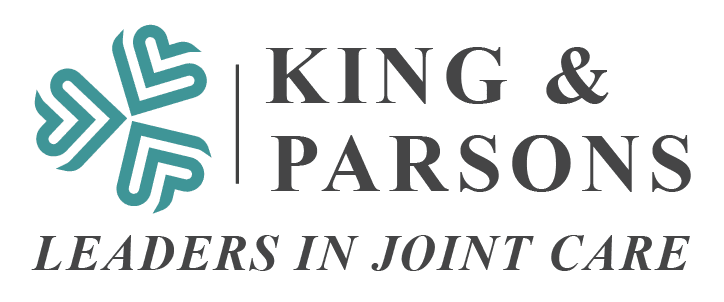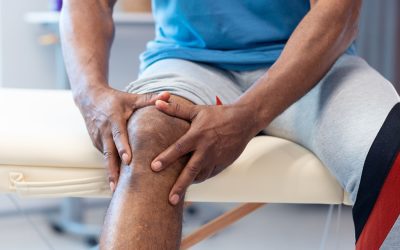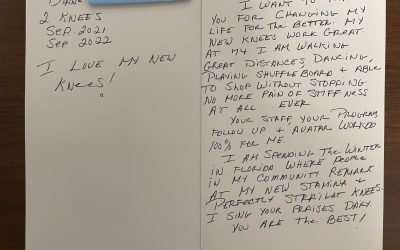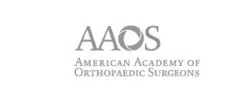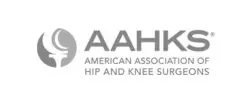Projections show that the demand for joint replacement surgery will rise in near exponential fashion over the next 20 years, fueled by the aging of baby boomers, increased life expectancy and the proven success of these procedures in younger patients with arthritis. Advancement in surgical techniques and implant technology have improved the outcomes and durability of joint replacements, allowing patients to return to a near normal lifestyle including physically demanding activities from they were limited by arthritis. As both a joint replacement surgeon and the recipient of two hip replacements and a partial shoulder replacement, I can personally attest that with proper rehabilitation following surgery, one can resume hiking, skiing, golf, tennis, biking, paddling, gardening and any number of other leisure time and work related activities.
Perhaps the biggest advancement in joint replacement surgery, however, is not technological or technique related. It is pain management. Using peripheral nerve blocks along with long-acting local anesthetics injected around the surgical site during the procedures, patients can experience far less postoperative pain than in previous years. Additional techniques include pre-emptive analgesia which refers to the administration of medications just prior to the surgical procedure to block pain before it occurs. Multimodal analgesia refers to the use of several different medications on a fixed schedule which act in a synergistic fashion to reduce pain after surgery. When these techniques are combined, patients can begin their active recovery immediately, leading to improved early outcomes and a higher level of patient satisfaction.
Pain is what used to keep patients in the hospital for several days after surgery. Now that we have solved this problem, overnight stays in the hospital are no longer necessary and many patients can safely return home just hours after the procedure. This is true for knee, hip and shoulder replacements, a growing number of which are now being done as outpatient procedures. For patients with commercial insurance and Medicare patients who require knee replacement, these surgeries can be done in Ambulatory Surgery Centers.
Multiple studies in the peer-reviewed literature now support the safety same-day joint replacement and several studies have actually demonstrated lower complication rates, lower infection rates and lower risk of exposure to pathogens such as COVID or MRSA. Because surgery centers can focus strictly on the care of patients undergoing elective surgery who are otherwise healthy, they presents a potentially safer environment than hospitals which care for patients with a host of medical conditions including infections, wound problems and other diseases which can be transmitted from patient to patient.
Same-day joint replacement require an experienced care team to ensure that all of the ingredients for success are implemented. Currently, not every surgeon or center is performing outpatient joint replacement. Our practice has been doing this for over 4 years and we now have a collective experience of over 1800 outpatient joint replacements which have served as the basis for developing our AVATAR program. By aligning the vital assets to accelerate recovery, our program focuses on patient outcomes and stewardship through the surgical procedure. Put our experience to work for you.
